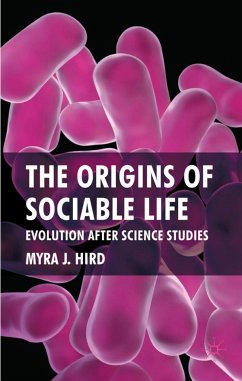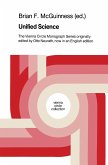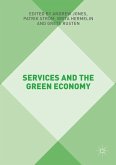This ambitious book considers social scientific topics such as identity, community, sexual difference, self, and ecology from a microbial perspective. Harnessing research and evidence from earth systems science and microbiology, and particularly focusing on symbiosis and symbiogenesis, the book argues for the development of a microontology of life.
'Myra J. Hird provides a highly engaging and energetic account of contemporary scientific debates about microbes, detailing how they challenge mainstream understandings of evolution, identity, sex and ecology. Most importantly, she articulates why social scientists, feminists and queer theorists should pay careful attention to our inextricable entanglements with the microcosmos. Her enthusiasm for her subject matter is infectious.' - Celia Roberts, Department of Sociology, Lancaster University, UK
'This book is an exciting and inviting account of the messy entanglements and inventions of the world's tiny beings, those entities that shape scale upon scale of sociable living for all on the earth. Myra Hird's book is richly researched and beautifully written, and it fulfills my appetite for an account of biology and biologists to live with and for. Hird shows how "thinking with microorganisms"-and with their scientists - can be a fundamental practice for living well in multispecies, mortal worlds.'
- Donna Haraway, Distinguished Professor, History of Consciousness Department, UC Santa Cruz, USA
'This book is an exciting and inviting account of the messy entanglements and inventions of the world's tiny beings, those entities that shape scale upon scale of sociable living for all on the earth. Myra Hird's book is richly researched and beautifully written, and it fulfills my appetite for an account of biology and biologists to live with and for. Hird shows how "thinking with microorganisms"-and with their scientists - can be a fundamental practice for living well in multispecies, mortal worlds.'
- Donna Haraway, Distinguished Professor, History of Consciousness Department, UC Santa Cruz, USA








